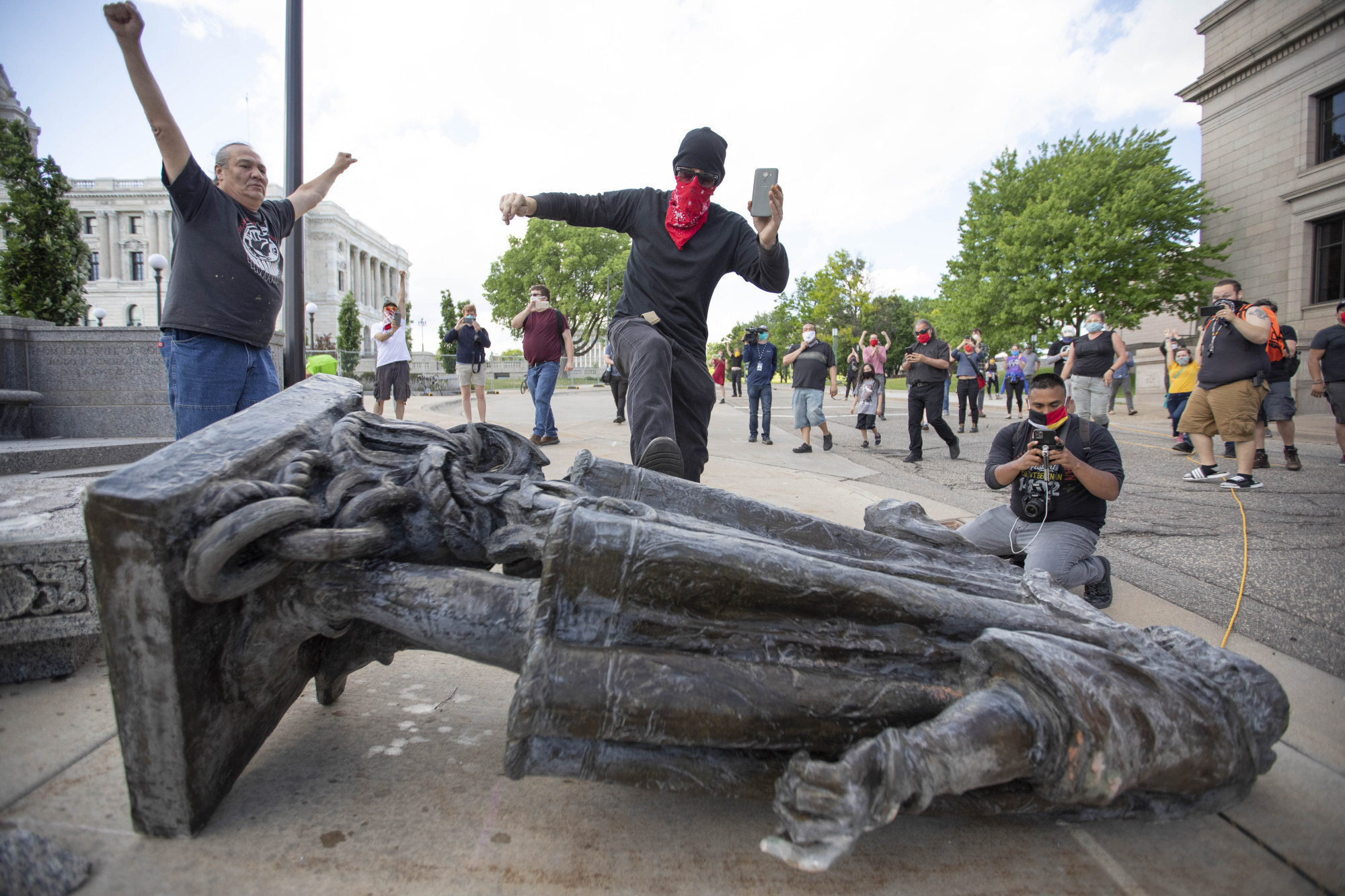
Brexit Britain, where amnesia and nostalgia about empire coexist, and shape popular opinion about the country’s past and its future – a history author’s take
- Born into the racism of the English Midlands, Sathnam Sanghera offers a different perspective on modern British history, viewing it through the prism of empire
- He notes both imperial amnesia – ‘We were the biggest drug pusher’, he says of the opium wars – and imperial nostalgia, from which sprang Britain’s EU exit
Empireland: How Imperialism Has Shaped Modern Britain by Sathnam Sanghera pub. Viking
One country juggling many systems. That could have been the mantra for the British Empire – still the largest ever seen.
And a corner of that institution continues to court the attention of author and journalist Sathnam Sanghera, soon to make a virtual appearance in Hong Kong to discuss his bestseller Empireland: How Imperialism Has Shaped Modern Britain.
In a book sketching a personal journey through Britain’s imperial history and present, Sanghera touches on claims that the empire ended with the return of Hong Kong to Chinese sovereignty, or handover, in 1997. During a call from his London home, discussing further how the former colony has occupied his thoughts, he says: “Hong Kong is interesting in that empire lasted longer there than almost anywhere else.”

Sanghera finds himself bemused by how little the British Empire and its perpetual influence are understood. “I love that line in Tony Blair’s memoir where he says, when handing back Hong Kong, ‘I was only dimly aware of the history.’ I find that amazing,” says Sanghera. “I use that as an example of how much amnesia we in Britain have about empire.
“How can you give back a colony and be only dimly aware of its history? And you can bet the average Hong Kong person knows the history, right? We don’t in Britain.”

“The timing was accidental,” he says. “When I began it, three or four years ago, I’d just got to India to make a documentary and I realised I didn’t know anything about the empire. While I was finishing the book Black Lives Matter happened and suddenly the entire planet was obsessed with how colonialism has created our modern world.”

Another newsworthy development came with the targeting of statues of figures newly considered reprehensible, which Sanghera finds meaningless. “The focus on statues is stupid, because statues are just street furniture. They’ve been with us for hundreds of years and we haven’t really noticed them,” he says. “There’s nothing more invisible than a statue – except a plaque on a statue.
“They are not history. History is argument. Statues are propaganda. So I don’t care what happens to them, there are many more important legacies of imperialism: multiculturalism, racism, wealth. But statues are the gateway drug for culture warriors, because they create this idea that history is being demolished – but it’s not a fixed thing.”

The flags’ colours may change, but Sanghera is not alone in believing empire persists. “America and China – the two new empires,” he says. “Kehinde Andrews [in his recent book] The New Age of Empire argues that America is the new British Empire and China is trying to ape it. He points out that China is doing the same thing that America and Britain did, investing in – colonising – Africa as one of the first steps.”
With ex-superpower Britain recently divorced from Europe, Sanghera, asked his opinion on when the British Empire finally folded, offers a startling theory. “I think it’s yet to come. The ultimate decolonisation will be the break-up of the Union,” he says. “If we lose Scotland, indirectly that [will be] a consequence of our obsession with the empire. That’s where all this imperial nostalgia ends.
As part of the Hong Kong International Literary Festival, Sathnam Sanghera will appear at a hybrid event from 9pm to 10pm on Nov 11. Visit festival.org.hk for more details.
”

